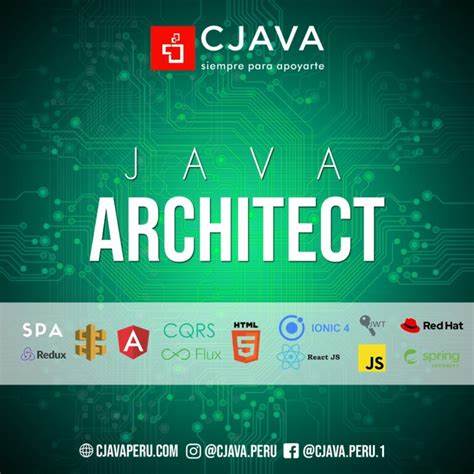Here are some key skills that are important in the field of Java Technical Architect:
1. Java Development: Java Technical Architects should have a deep understanding of
Java programming language and its ecosystem, including Java SE, Java EE, and
Java frameworks like Spring and Hibernate.
2. System Architecture: Java Technical Architects should have strong system
architecture skills to design and implement complex software systems, ensuring
scalability, performance, and security.
3. Technical Leadership: Java Technical Architects should be able to provide technical
leadership to development teams, mentor team members, and ensure adherence to
coding standards and best practices.
4. Design Patterns: Java Technical Architects should be familiar with various design
patterns and have experience in applying them to build scalable, maintainable, and
extensible systems.
5. Database Design: Java Technical Architects should have a deep understanding of
database design and should be proficient in SQL and NoSQL databases like Oracle,
MySQL, MongoDB, and Cassandra.
6. Cloud Computing: Java Technical Architects should be familiar with cloud
computing platforms like AWS, Azure, and Google Cloud, and should have
experience in deploying and managing Java applications on these platforms.
7. DevOps: Java Technical Architects should have a good understanding of DevOps
practices and tools, including continuous integration and delivery, automated testing,
and containerization.
8. Communication Skills: Java Technical Architects should have excellent
communication skills to collaborate with stakeholders, including business analysts,
project managers, and development teams, and explain technical concepts to
non-technical audiences.
9. Problem-Solving Skills: Java Technical Architects should be able to analyze
complex technical problems and provide innovative solutions that meet business
requirements while adhering to best practices and industry standards.
10. Project Management: Java Technical Architects should have experience in project
management, including planning, estimating, and tracking project progress, and
should be able to identify and manage project risks.




